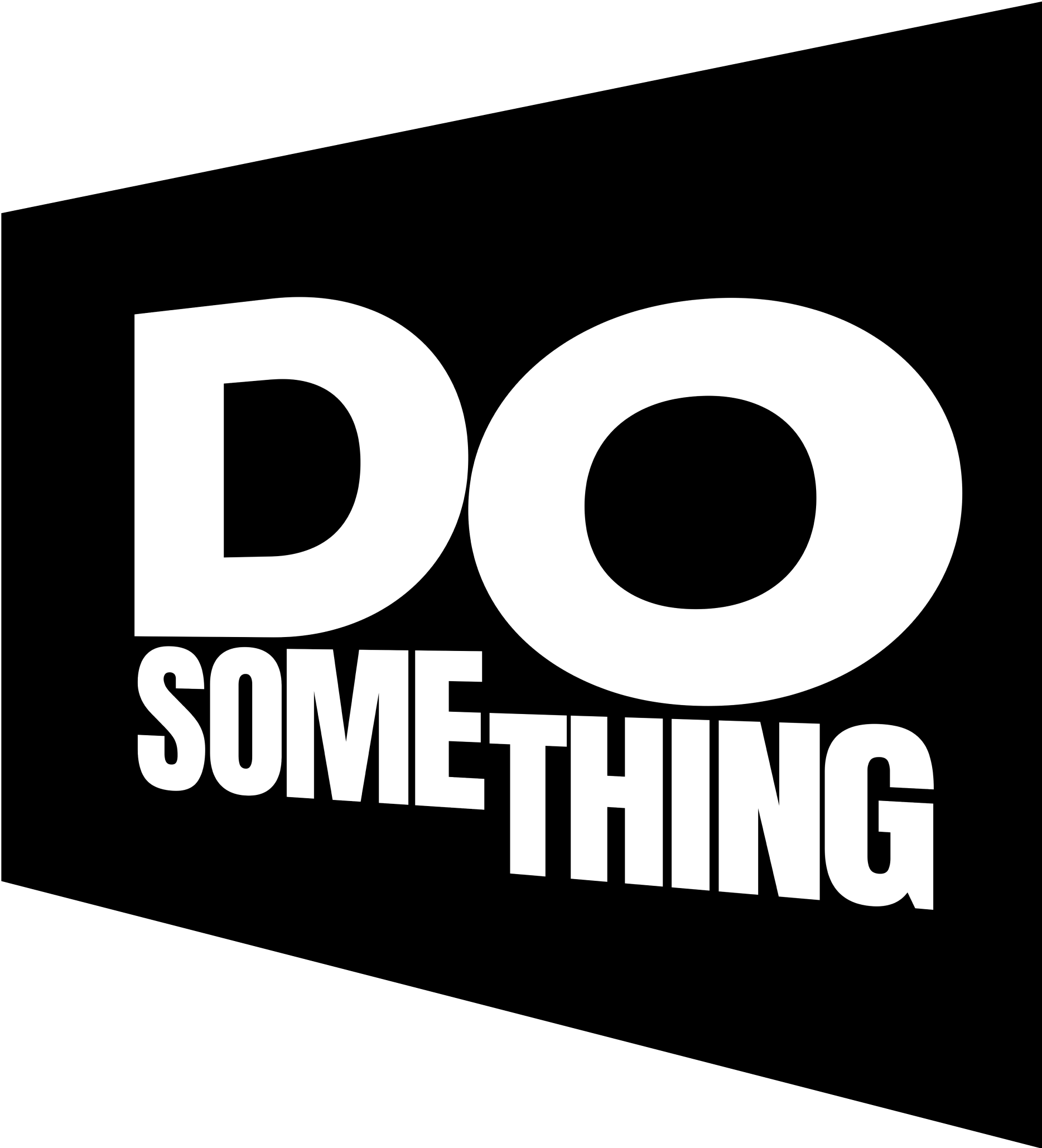11 Facts About Global Poverty
10% of the world's population lives on less than $1.90 a day.

Welcome to DoSomething.org, a global movement of millions of young people making positive change, online and off. The 11 facts you want are below, and the sources for the facts are at the very bottom of the page. After you learn something, Do Something. Find out how to take action here.
- Global poverty lines are used to measure the financial dimension of poverty. The thresholds of $1.90, $3.20, and $5.50 per day represent different standards for poverty around the world. People living on $1.90 per day are considered to live in extreme poverty.^[Ortiz-Ospina, Esteban, Max Rosner (2013, revised 2019). “Global Extreme Poverty.” Our World in Data. https://ourworldindata.org/extreme-poverty. Accessed July 9, 2020.]
- Money isn’t a complete measure of poverty. Other dimensions of poverty include access (or lack thereof) to work, health, nutrition, education, sanitation, housing, etc.^[Alkire, Sabina (2013). “How to Measure the Many Dimensions of Poverty.” OECD, Development Cooperation Report 2013: Ending Poverty. OECD Publishing. https://www.oecd-ilibrary.org/docserver/dcr-2013-7-en.pdf?expires=1594327342&id=id&accname=guest&checksum=73652FC121500D1885AB068FBD2341C0. Accessed July 9, 2020.]
- In 2015 (the latest estimates available), 10% of the world’s population lived in extreme poverty (less than $1.90 a day).^[The World Bank Group (2020). “Understanding Poverty: Overview.” https://www.worldbank.org/en/topic/poverty/overview. Accessed July 9, 2020.]
- Half of the 736 million people living in extreme poverty globally live in five countries: India, Nigeria, Democratic Republic of Congo, Ethiopia, and Bangladesh.^[The World Bank Group (2018). “Piecing Together the Poverty Puzzle.” Poverty and Shared Prosperity 2018. https://openknowledge.worldbank.org/bitstream/handle/10986/30418/9781464813306.pdf. Accessed July 9, 2020.]
- It’s estimated that, because of the COVID-19 pandemic and subsequent global recession, poverty rates will increase for the first time since 1990. ^[Sumner, Andy, Chris Hoy, and Eduardo Ortiz-Juarez (2020). “Estimates Of The Impact Of Covid-19 On Global Poverty.” UNU-WIDER. United Nations. https://www.wider.unu.edu/publication/estimates-impact-covid-19-global-poverty. Accessed July 9, 2020.]
- Internationally, 2.2 million people lack access to a safely-managed drinking water service (located nearby, available when needed, and free from contamination).^[United Nations. “Global Issues: Water.” https://www.un.org/en/sections/issues-depth/water/. Accessed July 9, 2020.]
- Approximately 297,000 children under five die every year from diarrhoeal diseases due to poor sanitation, poor hygiene, or unsafe drinking water.^[United Nations. “Global Issues: Water.” https://www.un.org/en/sections/issues-depth/water/. Accessed July 9, 2020.]
- About 13% of people globally do not have access to electricity, and 40% of people globally do not have access to clean fuels for cooking.^[Ritchie, Hannah (2019). "Access to Energy". Our World in Data. https://ourworldindata.org/energy-access. Accessed July 9. 2020.]
- Malnutrition is the leading cause of poor health and death around the world. Globally, 1 in 9 people is hungry or undernourished.^[Global Nutrition Report (2020). “Global Nutrition Report: Executive Summary.” https://globalnutritionreport.org/reports/2020-global-nutrition-report/executive-summary/. Accessed July 9, 2020.]
- A study of 13 developing countries found that government spending on education and health accounted for 69% of the total reduction of economic inequality.^[Lawson, Max et al (2019). “Public Good or Private Wealth?” Oxfam International. https://oxfamilibrary.openrepository.com/bitstream/handle/10546/620599/bp-public-good-or-private-wealth-210119-summ-en.pdf?utm_source=indepth. Accessed July 10, 2020.]
- The entire health budget of Ethiopia, a country of 105 million people, is equivalent to just 1% of the fortune of the world’s richest man, Amazon CEO Jeff Bezos.^[Lawson, Max et al (2019). “Public Good or Private Wealth?” Oxfam International. https://oxfamilibrary.openrepository.com/bitstream/handle/10546/620599/bp-public-good-or-private-wealth-210119-summ-en.pdf?utm_source=indepth. Accessed July 10, 2020.]
GET INVOLVED
Make a difference in your community and add your vision to the future of our democracy
